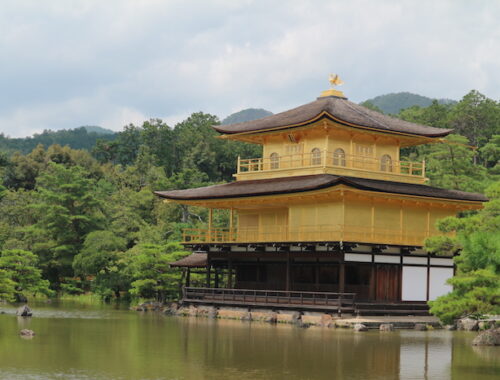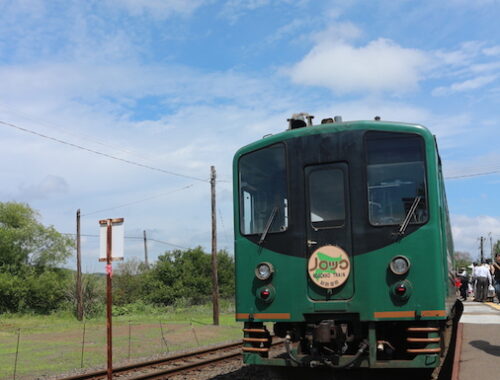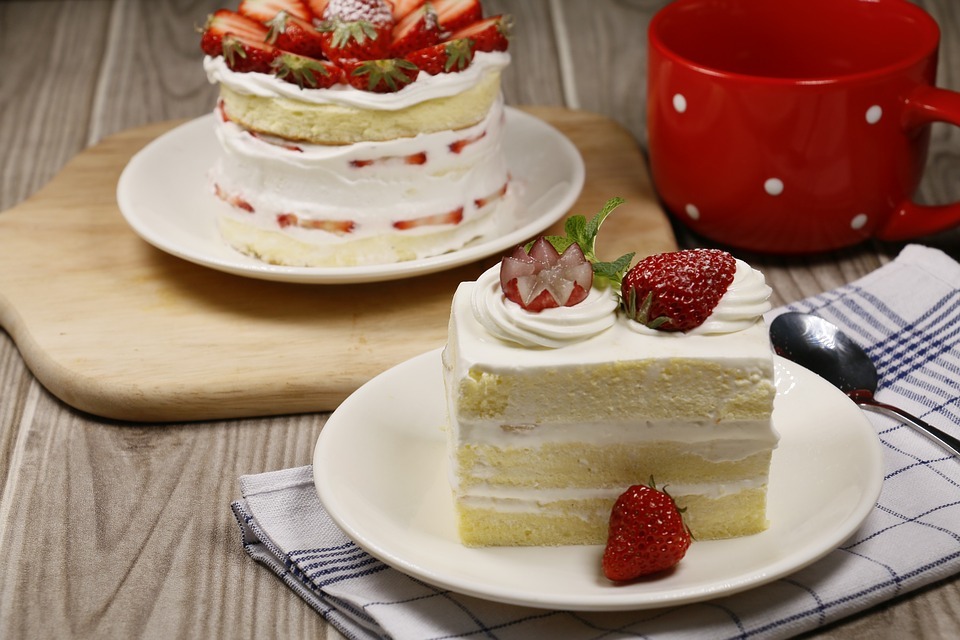
Christmas in Japan: KFC, Spaghetti bolognese and other weird and wonderful things
‘Every year, I make sure I’m not in Japan during Christmas, because Christmas in Japan is so sad and depressing!’
When I was living in Tokyo, I heard so many people who came from traditionally Christian countries saying this.
You might think they felt like this because they missed Christmas and there was no Christmas in Japan. It’s all bonsai trees and kabuki theatre and green tea drinking and blah blah blah…
Well no, that was not the reason. Some people felt like this because Japan TRIES to have a Christmas and it’s utterly commercialised in this weirdly optimistic and ‘Japanified’ way. And it’s total lack of traditions or values can leave you hollow from the inside. I have been living in England for some years and I now understand why they felt that way. So, what is so unique about Christmas in Japan? Here are 6 reasons why Christmas in Japan can be so weird and sometimes wonderful.
1. KFC is Christmas
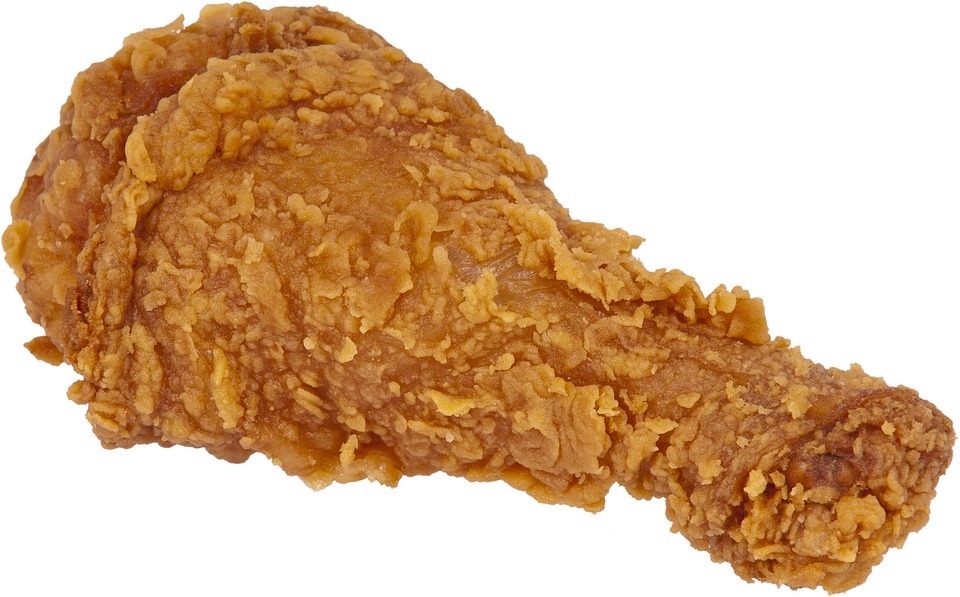
And I’ll say it again. ‘KFC IS Christmas’. Yes, it is now a well-known fact that families and friends gather around the table to eat a bucket of KFC fried chicken as a ‘Christmas celebration’. In Japanese those buckets are called ‘バーレル (ba-reru, barrel?)’ or ‘パーティーバーレル (pa-ti- ba-reru, party barrel?)’. Apparently, the whole thing started back in 1970 when one KFC branch in Japan made a campaign to boost sales. Fast forward to 1974, the Christmas chicken bucket went national with the slogan: ケンタッキーはクリスマス (Kentakki wa kurisumasu, KFC is Christmas). Nowadays, you need to order your Christmas bucket, or ba-reru, in early November, AND you also have to wait in the long queue outside your chosen KFC location in order to pick up your pa-ti- ba-reru on the 25th of December.
2. What is ginger bread and what does it do?

Forget about ginger bread and fruit filled puddings with custard, they don’t mean anything to the Japanese. The クリスマスケーキ (kurisumasu ke-ki, Christmas cake) is as big and important as KFC in Japan. When we say Christmas cake, we mean a fluffy sponge cake layered with whipped cream and fresh strawberries. This cake, ストロベリーショートケーキ (sutoroberi- sho-to ke-ki) is already one of the most popular and beloved cakes in Japan anyway, but for some funny reasons it was also nominated as a ‘traditional’ Christmas food in Japan.
3. The happiest place on earth
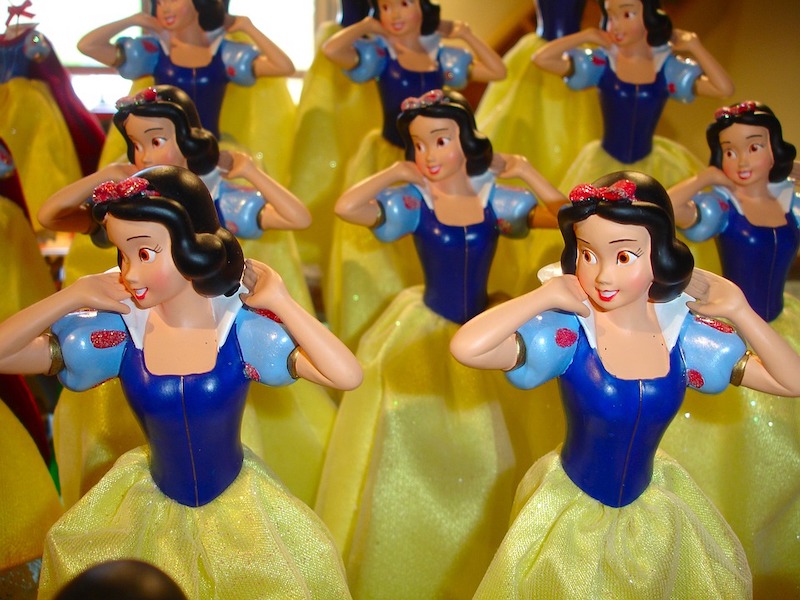
A.k.a, Disneyland. Visiting Tokyo Disneyland during the Christmas/winter season is another tradition in Japan. People enjoy the special Christmas events, festive entertainment, decorations, food and of course merchandise in the magic kingdom. This ‘tradition’, however, is usually children and young people (particularly couples) specific.
4. From Russia with… what?
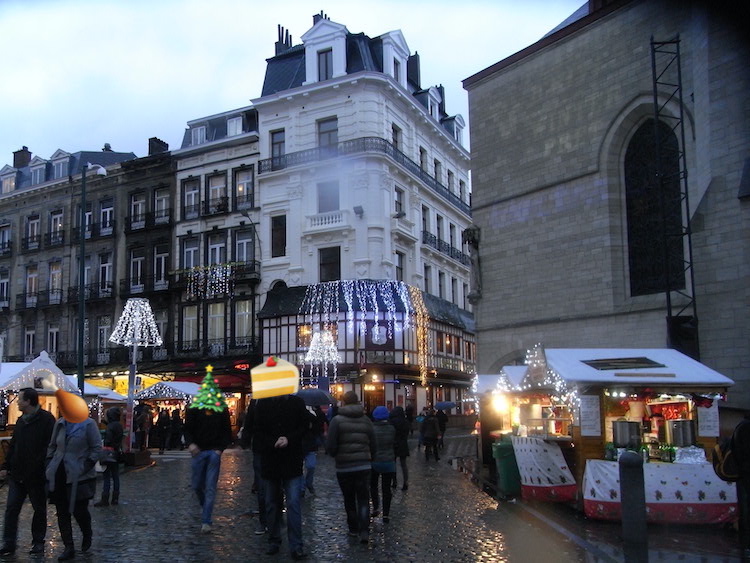
This is a relatively recent addition to the Japanese Christmas, but we discovered this cool thing called ‘Christmas market’ and we decided to have it. This year, places like Hibiya park in Tokyo or Red Brick Warehouse in Yokohama are holding German style Christmas markets. I only looked at some photos and YouTube videos of this year’s Japanese Christmas markets and I have to say those little houses and decorations look pretty similar to the ones in Germany. However, I do mostly get excited about their food offerings: glühwein (mulled wine) – check, sausage and mustard – check, spaghetti bolognese – wait, what? Russian borscht stew – Russian what?
5. No need to worry about arguing with your family members
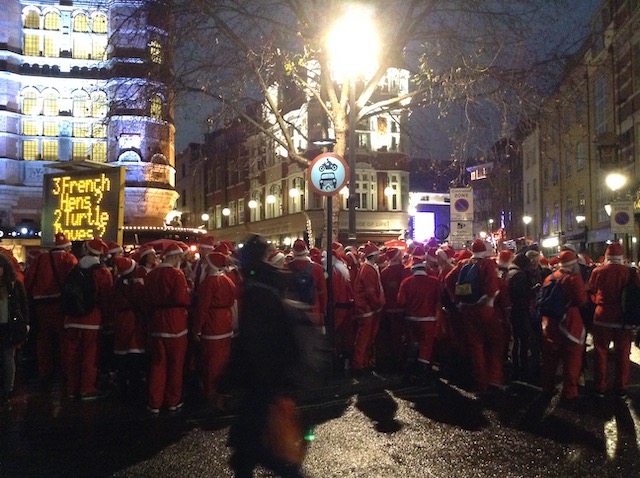
I think you have realised by now that Christmas is just a ‘bit of fun’ for most Japanese. Christmas is not a national holiday or religious celebration in Japan. The family Christmas party is only for families with young children and December 24 – 26 are just normal working days for Japanese adults – there is no such thing as ‘coming home for Christmas’. People who want to do something Christmas-like, may have a party, go out, enjoy the KFC pa-ti- ba-reru and the kurisumasu ke-ki at home, or exchange gifts – but these are usually for between friends and partners. However, it goes without saying that people who follow Christian traditions and/or are part of Church communities will have slightly different senses and experiences.
6. It’s not all doom and gloom
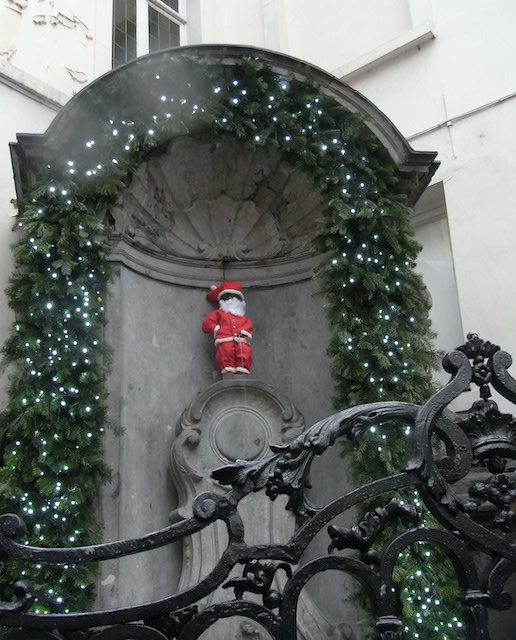
I think Christmas is all about that feelings you get around that time: the warmth, the generosity, the excitement, the traditions, the coziness you feel when you are spending time with your family and friends (for most people) without worrying about time or work or any other commitments (again, for many people). It’s not always about things you see or things you can buy, it’s those special feelings you get around Christmas time that Japan can not recreate and I think this is the reason why some people feel sad or miss home even more when they see Christmas in Japan.
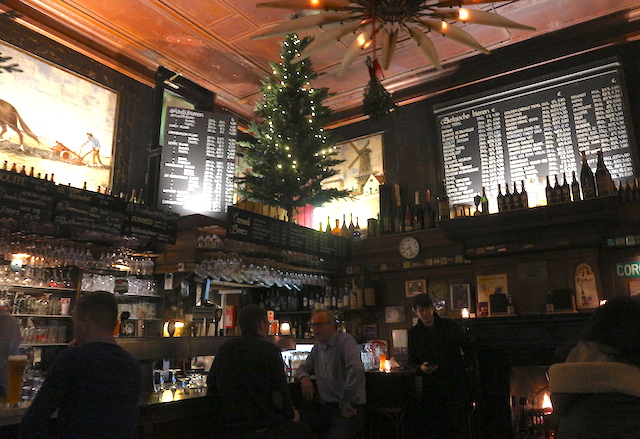
On a positive note, one Christmas feeling that managed to be imported into Japan successfully, I think, is Santa.

Yes, I know even that gift-giving, ever cheerful jolly Santa is just a commercialised relatively newer Christmas tradition in the grand scheme of Christmas history. But I remember believing in Santa as a pre-school child and the wonder and excitement I felt as I found a little gift from ‘Santa’ on my doorstep on a snowy Christmas morning in Tokyo. And I know many young children in Japan are experiencing that amazing feeling every year.
With that happy thought, メリークリスマス (meri- kurisumasu, Merry Christmas) and happy new year everyone! Stay safe, stay positive and be kind to yourself (and others)!
You may also like: What is Tokyo like?


